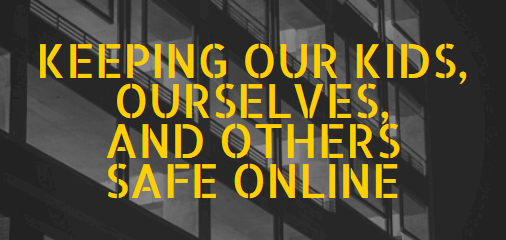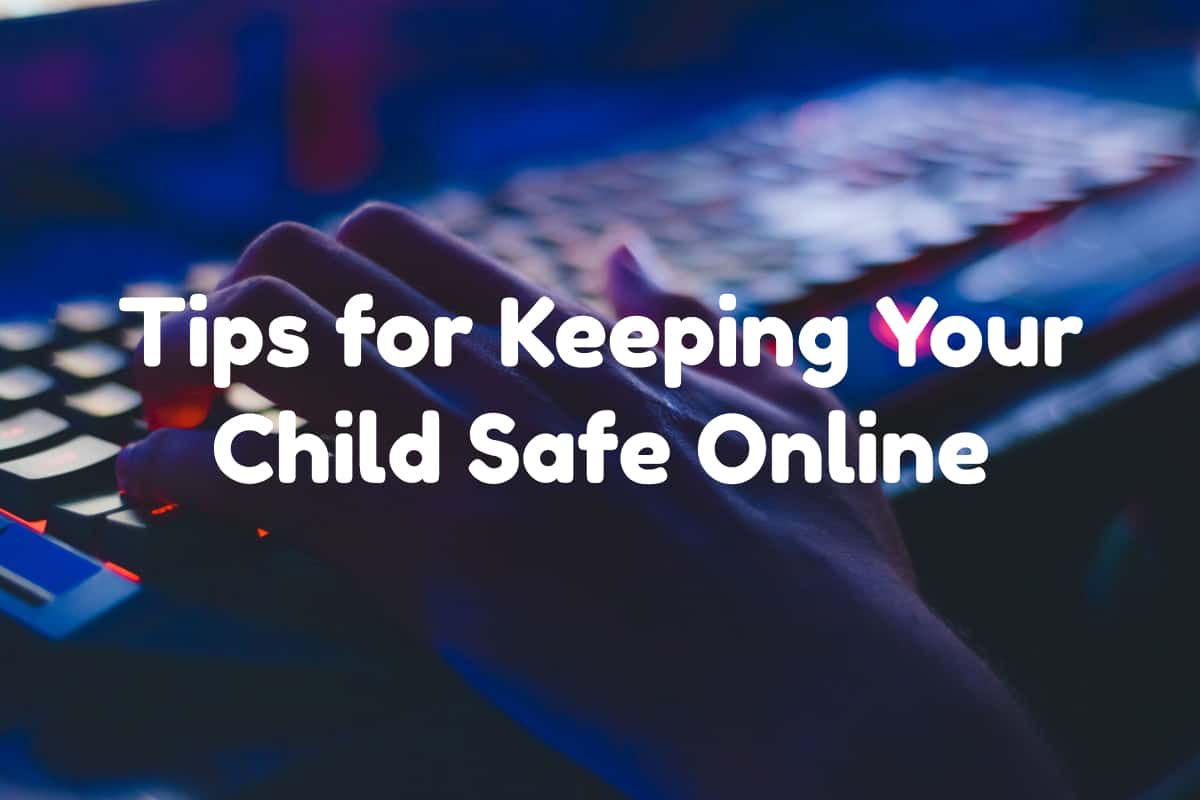Curating an Engaged Community & When To Remove Posts
One of the things I get asked the most when talking social media with prospective clients or even just friends who are on social media walls is: how do I grow a community of people who listen? Curating an engaged community is key to selling anything, whether it’s a product, service or socializing.
My first response is to clear up the importance of saying involvement WITH others, instead of involvement from others. Social media is very much a two-way street. People need to interact for there to be true involvement. It’s great when 20 people post to your wall but if you aren’t conversing with them, there’s no real involvement. (My daily PSA: have you responded to your Facebook/Twitter commenters today? Shared your sharers’ stuff?)
With that out of the way, we talk about what their goals are. Selling things? Getting traffic to a website? Just wanting to talk with other people in a non-business way?
While each purpose for social media involvement is different, there’s something everyone needs, and that’s an active community. Some people will tell you they rock this on Facebook but don’t do so great at Twitter, while others love Google+ and have few Facebook conversations. It can be hard to master them all, so start with a couple and go from there. Keep in mind that while numbers (Fans, Followers, Likes, Circles, etc.) are great, the true gauge of conversion — converting Likes/Followers to purchasers, click-throughs to your website/blog or even just making friends — is if people are interested and engaged.
What exactly is engagement? The non-scientific definition I give is two-way interaction, which basically comes from you sharing content (comments, questions, resources/information, pictures, etc.) and someone responding. Likes are good, because that signifies they want to see more of you in their feed, but if you really want someone’s attention, you need to get them to respond. Offline, when you’re engaged, more than one person is interacting with another. Same goes online, in a very simplified format.
The jury’s out on any one perfect formula on how to get that to happen, because each brand is going to need to find what works best. Some get the most engagement from pictures, funny or serious or both. Others get engagement from asking questions, and maybe another gets the most replies by talking about their beef with the weather. Telling stories and attracting people is name of the game…and a story for another post as we could go on all day.
To continue on with how to curate an engaged community, there’s one big thing you need to decide on early on: what will my policy be for removing posts?
Some people swear by removing nothing. Others remove anything that disagrees with what they’ve said, while others have a filter that disallows vulgarity. My personal recommendation is to go for a middle ground: let people speak their mind, removing very little.
Why would I want to remove as little as possible? It’s my page, right?
Yes, and no. It’s your page, but a page, a wall, a feed will go nowhere if you’re not listening to your readers. If you start off talking about cars and then segue to talking about candles, chances are you’re going to lose people. Same with political rants. By liking your page on cars, they’re implying they want to talk about cars. So talk about cars. Readers don’t need to speak with words for you to be able to listen to them. One way to look at it? It’s your page if you don’t care about readers and what they want.
Readers are people just like us. They’re going to have good days and bad days. They’re going to disagree with what we say or not like our product or our service or the way we spell ketchup. And they’re going to tell you. While I believe no one should have to be belittled and called negative names, or be harassed and mistreated, there’s a lot to be said for leaving up the negative commentary.
A negative comment may not be nice, but it forces you to think a little. (Or at least, it should.) Is my content bad? Am I boring? Is my service horrible? Did you not like the car you bought from me? You don’t need to get into a long argument with them on your page or wall, but you can show them you hear them, and if you really want to take it a step further, provide them an email address to have a more one-on-one, private conversation. It may not get you anywhere, but it may get you the opportunity to clear up the problem AND have a more devoted customer because they see you care. And they see that you’re willing to admit that you may have been wrong.
I suggest people create a list of things they absolutely can’t stand and don’t want to see. At the top of the list for most is profanity, followed by things like “loser” or “cheater” or something else that can damage a reputation…because even if you want to defend yourself, there’s a line on how far you want to go in the public eye. (And you never, ever want to argue publicly.) When posts/responses use those terms, you can hide or delete. (Hiding on Facebook still allows the poster to see it, and his/her friends, so you can use that as a way to respond and ask that they take it to email.) This is another case of why I always suggest that people have an obvious social media policy that you can refer back to.
A friend of mine runs a parenting blog. Someone recently responded that she didn’t like a certain approach she took to a discipline issue. It upset my friend, as it was her first time dealing with negative commentary. I reminded her that she’s been lucky it hasn’t happened already, which sadly made her feel better, and that she had a few choices: ignore, delete or reply and discuss.
Then we broke down the pros and cons of each of those approaches.
Ignore: the person may go away, or may get louder. Others may also see that you don’t handle that type of thing and feel less secure in posting or take it as a sign that you don’t mind it, therefore inviting others to post negatively.
Delete: this tells people that the communication on your wall is pretty much one-way and that people aren’t welcome to state any opinions unless they agree. This can attract more negativity, people who question it and it can deter people. In life, we disagree, and if done respectfully, we need to be able to withstand it. If we’re going to be in the public eye, it’s going to happen.
Reply and discuss: this can open you up to more of an argument, because then you’re asking the person to reply, but it can also talk the person down off their ledge. They can explain themselves a bit and others can see where you’re coming from. People can then see your page as a true two-way street (back to that two-way interaction again) and feel like you really are hearing them. And you also may learn something if not at least see another side, which is good for all of us.
You can probably tell what my recommendation was — reply and discuss — with the caveat that if the person then began to use any of those words on your list or intended to disrupt your wall/page/feed, then you remove. If necessary, block, and you should even be able to do that in your blog/website back-end tools.
My friend agreed with me, while others were steadfast in that they’d remove. In the end, you have to make that decision for yourself, but I will say that each answer has its merits and when my friend replied, the poster and she went back and forth a little bit and ended amicably. She may not be (or may be, who can say) an active reader at this point, but she did feel heard and my friend felt she showed others she’s really there, not a robot, and that she still has time to talk with people. And that means something — when you have a complaint and you go to someone’s social media wall, you want a response, right?
How you curate your community and what you choose to remove is ultimately up to you. I know I personally don’t interact with pages anymore that only want to hear warm fuzzies. I want honest, transparent relationships, whether they are business or personal. Not all business owners are okay with anything negative remaining and others ignore it, but there’s a happy, middle-ground that everyone can employ while retaining their reputation and comfort level. Think about it, then let me know what challenge you face in social media curation and comment removal.






